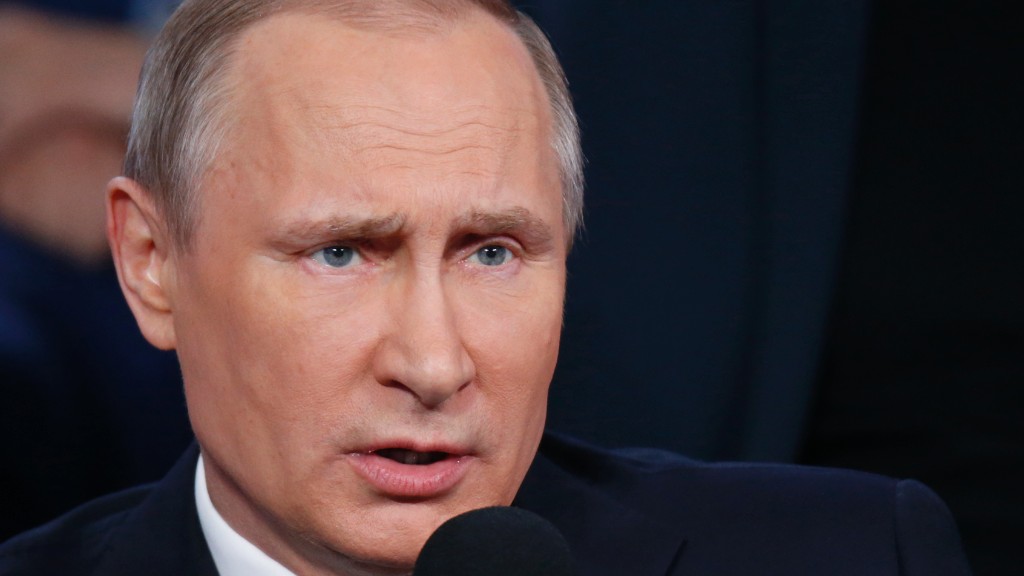
"They push the narrative that the United States is crumbling; it's a failed state."
That's Andrew Feinberg describing how his bosses at Sputnik, a state-sponsored Russian news agency, wanted to frame stories about America.
Feinberg was fired from the news organization on May 26, and he says it's because he refused to be complicit in pushing fake news.
Sputnik has called his allegations "false." The organization insists it is Feinberg, not Sputnik, who is spreading lies.
Feinberg sat down with CNN's Brian Stelter on "Reliable Sources" Sunday for a tell-all about his time covering the White House for Sputnik.
"I'm being fed questions, top down. I don't have the opportunity to develop my own stories or my own leads. I'm being told, 'You will ask this. You will cover this,'" he said.
Related: A story Trump might call "fake news" -- if it weren't his Facebook page sharing it
Feinberg said he eventually wasn't allowed to ask unapproved questions during White House press briefings. He added that he felt his bosses were contorting stories to mislead readers.
"For instance, after the gas attack in Syria ... I was asked to put questions to the White House that framed the issue in such a way that made it seem that the attack didn't happen, that it was staged," Feinberg said.
Feinberg said the final straw came when his bosses at Sputnik asked him to investigate the Seth Rich case.
Rich was a Democratic National Committee staffer whose unsolved murder last July has been spun into a conspiracy theory. Several right-wing media outlets have floated unproven claims that Rich leaked internal DNC emails to Wikileaks.
"Because obviously if Seth Rich leaked all those emails, then Russia had nothing to do with it," he said in a pre-air interview with CNN. "It's crap."
In a statement released after Feinberg's departure, Sputnik said his passion did not result in the "professional journalism" and "exclusive stories" that clients and readers wanted.
Related: Zero press conferences during Trump's first overseas trip
"He started on a merry note, and ended on a sad one," the company said, adding that it hoped "that the fruits of his rich imagination would not create more conspiracy theories around Sputnik."
Feinberg said he was wary of the company before joining; its ties to the Russian government are known. But he said he welcomed the full-time job offer because finding work in journalism is notoriously difficult.
"I thought that having integrity would be enough, and it wasn't enough," Feinberg said during the pre-air interview.
Feinberg also insisted that there is a key difference between Sputnik and other state-backed news organizations like the BBC in the U.K. or Al Jazeera in Qatar. He commended the work that those outlets have done.
"The others are state-sponsored," he said. "Sputnik is state-controlled."
Sputnik did not immediately respond Sunday to a request for comment about Feinberg's interview.
--CNN's Shanta Covington contributed to this story.


